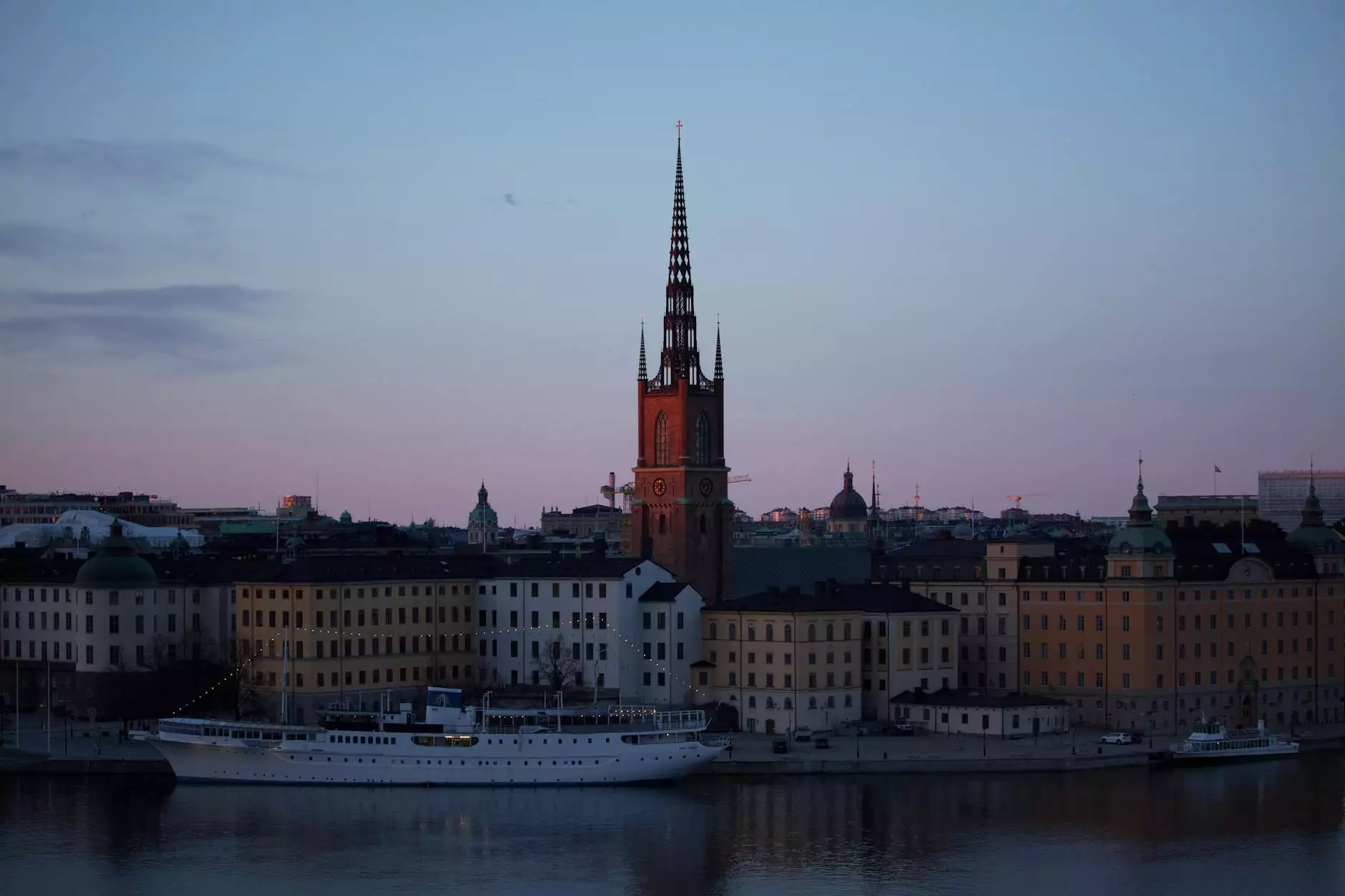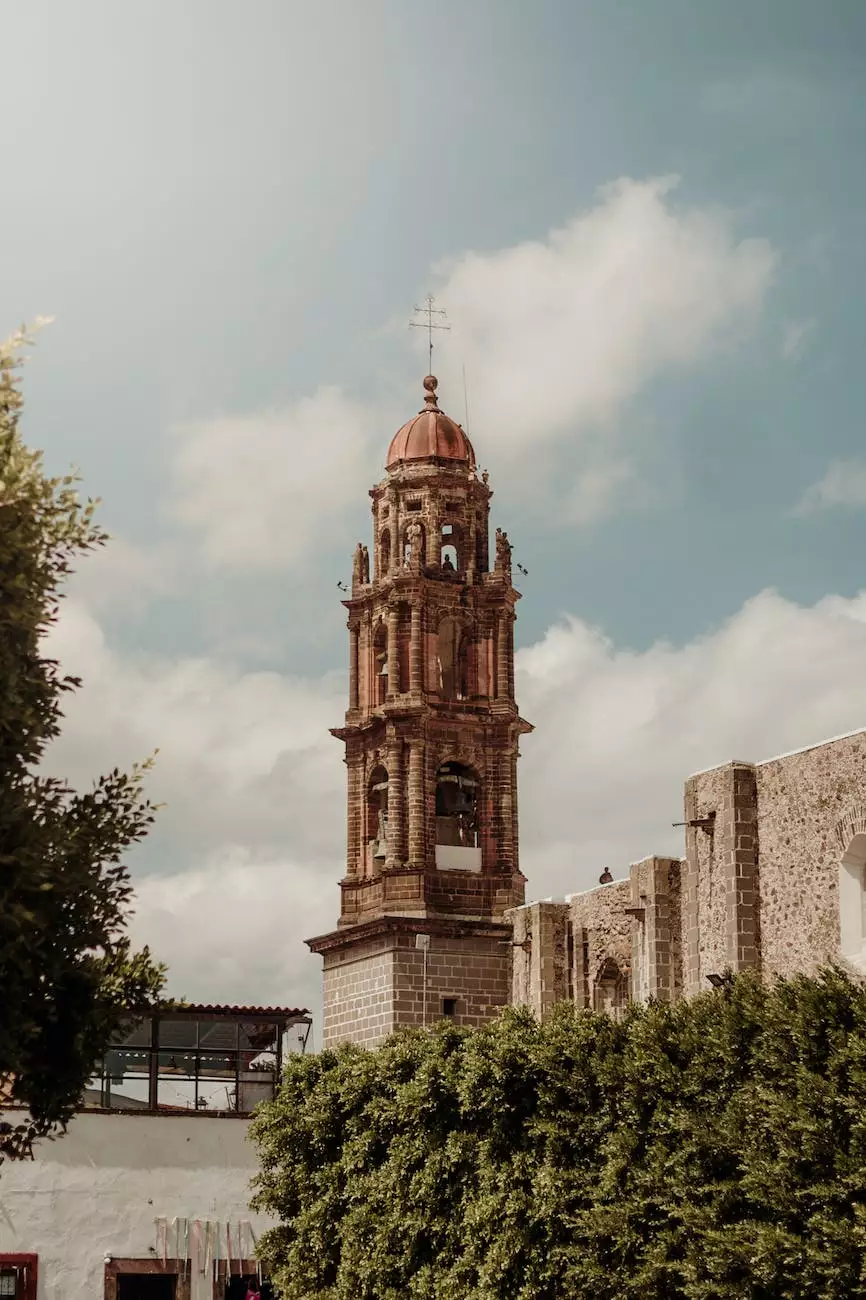Reconciliation - Building a Strong Faith Community
Missions
Introduction
At The Cloud Church, we understand the profound significance of reconciliation in creating a harmonious society and fostering a strong faith-based community. In this page, we aim to delve into the teachings and practices related to reconciliation, exploring its importance in our lives and its impact on building a close-knit community rooted in faith.
Understanding Reconciliation
Reconciliation is a powerful concept that plays a vital role in navigating relationships, resolving conflicts, and fostering unity within a community. As believers, we embrace the teachings of reconciliation as a means to mend broken relationships, restore peace, and promote understanding among individuals.
The Role of Reconciliation in Our Faith
Reconciliation holds a central position in our faith and beliefs. It is through reconciliation that we acknowledge our human imperfections, seek forgiveness, and extend unconditional love towards one another. By embracing the practice of reconciliation, we strive to live in harmony with both God and our fellow human beings, building a strong faith community based on compassion, empathy, and forgiveness.
The Importance of Reconciliation in Society
Reconciliation extends beyond the boundaries of our faith community and plays a vital role in our society as a whole. In a world plagued by conflict, division, and animosity, reconciliation acts as a transformative force, paving the way for healing, understanding, and social cohesion.
Healing Wounds and Restoring Relationships
Reconciliation serves as a mechanism to heal deep-seated wounds and mend fractured relationships. It prompts us to examine our biases, prejudices, and judgments, encouraging us to replace them with empathy and understanding. By embracing reconciliation, we bridge the gaps between individuals, fostering an inclusive society that celebrates diversity and values unity over division.
Building Bridges in a Divided World
In a world characterized by polarizations, reconciliation acts as a unifying force that bridges divides, promotes dialogue, and cultivates a sense of shared humanity. It invites us to move beyond our differences, embracing dialogue, and seeking common ground. Through the practice of reconciliation, we can overcome societal fragmentation, working towards building a world where love, compassion, and respect prevail.
Practices of Reconciliation
Reconciliation is not merely a theoretical concept but a practice that we actively engage in as individuals and as a community. Here at The Cloud Church, we encourage the following practices of reconciliation to strengthen our faith and contribute to a harmonious society:
Forgiveness
Forgiveness lies at the core of reconciliation. It involves letting go of resentments, grudges, and past hurts, allowing healing and restoration to take place. By forgiving one another, we create space for reconciliation to flourish, fostering a community built on love, grace, and understanding.
Listening and Understanding
Active listening and seeking understanding form the foundation of reconciliation. These practices require us to set aside our preconceived notions, biases, and assumptions, and truly hear the stories and experiences of others. By listening attentively and empathizing, we create an environment where relationships can be restored and misunderstandings can be resolved.
Rebuilding Trust
Trust is a vital component of any reconciled relationship. Rebuilding trust requires consistent honesty, accountability, and a willingness to make amends. It is through genuine efforts to regain trust that we lay the groundwork for stronger, more resilient communities.
Conclusion
Reconciliation is an essential aspect of our faith and beliefs at The Cloud Church. By embracing the teachings and practices of reconciliation, we can foster understanding, promote healing, and build a close-knit community rooted in love, empathy, and forgiveness. Together, let us embark on a journey of reconciliation, contributing to a society that values harmony, unity, and the celebration of our shared humanity.




